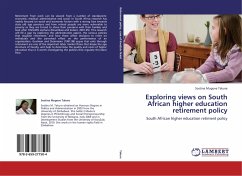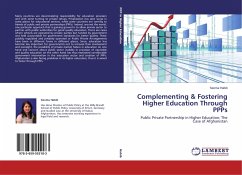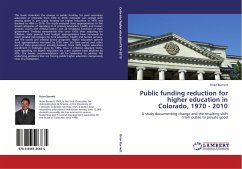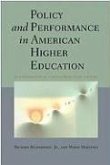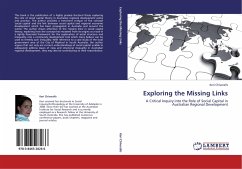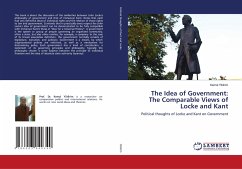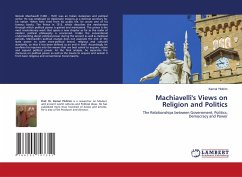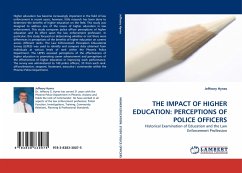Retirement from work can be viewed from a number of standpoints: economic; medical; administrative and social. In South Africa research has mainly focused on social and economic factors with a strong bias towards state old age pensions and how retired people are more vulnerable to poverty as they are forced to share their pensions with their families and look after HIV/AIDS orphans (Noumbissi and Zuberi, 2001:45). This research will fill a gap by exploring the administrative aspect, the various policies that regulate retirement, and how these affect decisions to retire on individuals and the perceived effect on the performance of an organization. Gustman and Steinmeier (1991:98) argue that exits through retirement are one of the important labor market flows that shape the age structure of faculty, and help to determine the quality and costs of higher education thus it is worth investigating the policies that regulate this labor flow.

